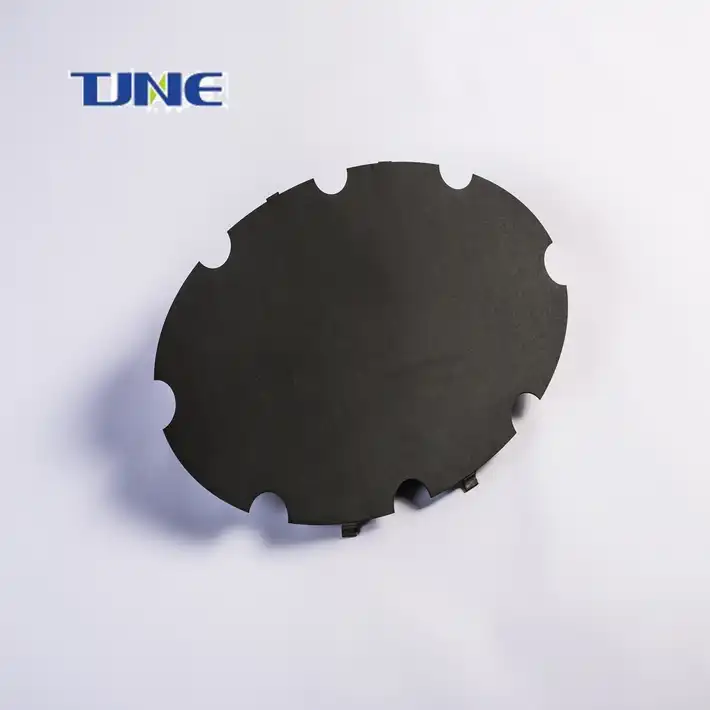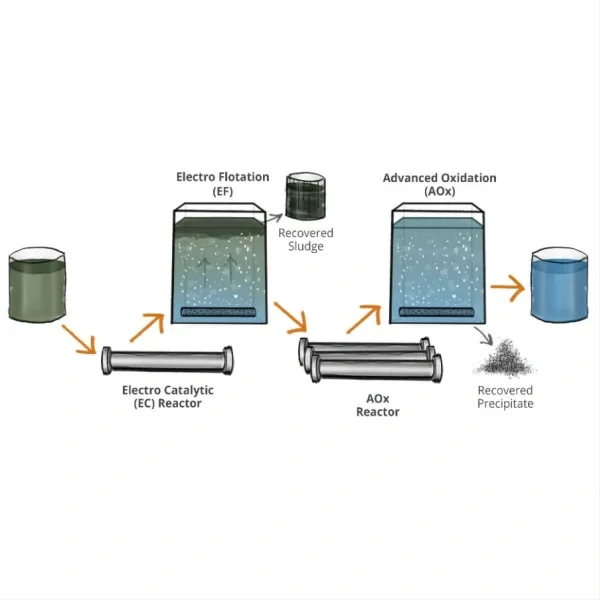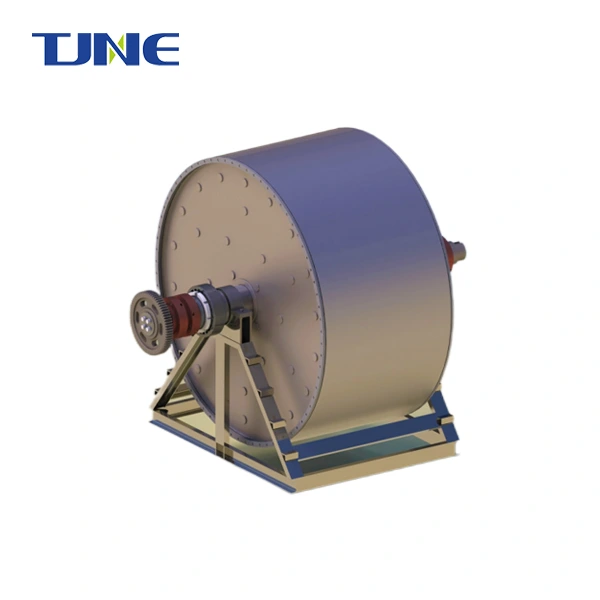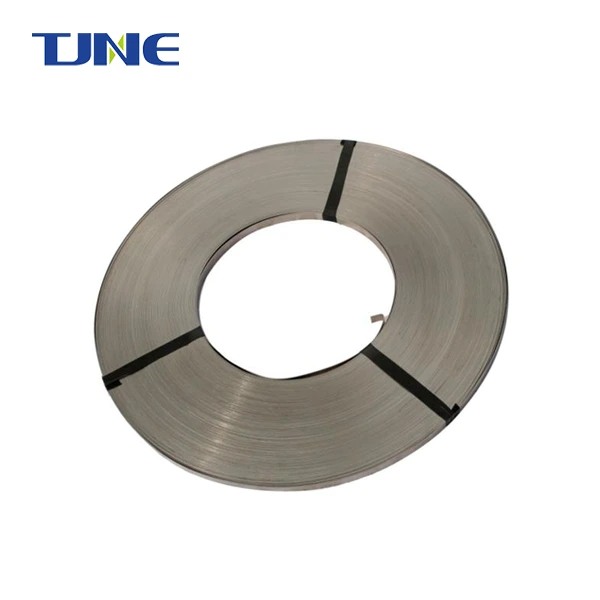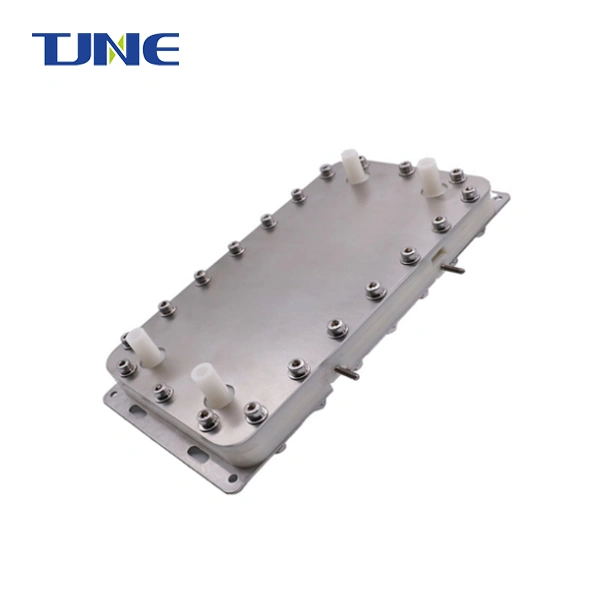- English
- French
- German
- Portuguese
- Spanish
- Russian
- Japanese
- Korean
- Arabic
- Greek
- German
- Turkish
- Italian
- Danish
- Romanian
- Indonesian
- Czech
- Afrikaans
- Swedish
- Polish
- Basque
- Catalan
- Esperanto
- Hindi
- Lao
- Albanian
- Amharic
- Armenian
- Azerbaijani
- Belarusian
- Bengali
- Bosnian
- Bulgarian
- Cebuano
- Chichewa
- Corsican
- Croatian
- Dutch
- Estonian
- Filipino
- Finnish
- Frisian
- Galician
- Georgian
- Gujarati
- Haitian
- Hausa
- Hawaiian
- Hebrew
- Hmong
- Hungarian
- Icelandic
- Igbo
- Javanese
- Kannada
- Kazakh
- Khmer
- Kurdish
- Kyrgyz
- Latin
- Latvian
- Lithuanian
- Luxembou..
- Macedonian
- Malagasy
- Malay
- Malayalam
- Maltese
- Maori
- Marathi
- Mongolian
- Burmese
- Nepali
- Norwegian
- Pashto
- Persian
- Punjabi
- Serbian
- Sesotho
- Sinhala
- Slovak
- Slovenian
- Somali
- Samoan
- Scots Gaelic
- Shona
- Sindhi
- Sundanese
- Swahili
- Tajik
- Tamil
- Telugu
- Thai
- Ukrainian
- Urdu
- Uzbek
- Vietnamese
- Welsh
- Xhosa
- Yiddish
- Yoruba
- Zulu
Corrosion Resistance: Titanium is known for its exceptional corrosion resistance, making it an ideal material for use in harsh plating environments. When used as electrodes for copper plating, titanium can withstand the corrosive effects of plating solutions, ensuring long-term durability and performance.
High Purity: Titanium electrodes can be manufactured with high purity levels, minimizing the risk of contamination during the plating process. This is particularly important in copper plating applications where impurities can affect the quality and properties of the plated copper layer.
Uniform Plating: Titanium electrodes can provide a smooth and uniform surface for copper plating. The uniform distribution of current and ions across the electrode surface helps to achieve consistent and high-quality copper deposits, reducing the likelihood of defects or uneven plating.
Enhanced Adhesion: Titanium electrodes can be engineered to promote better adhesion between the substrate and the plated copper layer. This results in improved bonding strength, reducing the risk of delamination or peeling of the copper coating over time.
Cost-Effectiveness: Titanium anodes offer a cost-effective arrangement for copper plating applications. In spite of being a high-performance fabric, titanium can be moderately reasonable compared to other intriguing metals, making it a viable choice for industrial-scale plating processes.
Environmental Benefits: Titanium is a economical fabric with natural affect. By choosing electrodeposited titanium electrodes for copper plating, companies can adjust with eco-friendly hones and diminish their carbon impression.
In the realm of metal plating, the choice of electrode material plays a pivotal role in determining the quality, efficiency, and longevity of the plating process. Among the myriad options available, titanium electrodes have emerged as a superior choice for copper plating applications. To comprehend the allure of titanium electrode for copper plating, one must delve into the fundamental characteristics that make this material an ideal candidate for the task. Titanium boasts exceptional corrosion resistance, even in the harsh chemical environments typical of electroplating processes. This resilience ensures prolonged electrode lifespan and consistent performance over time, contributing to cost-effectiveness and operational stability.
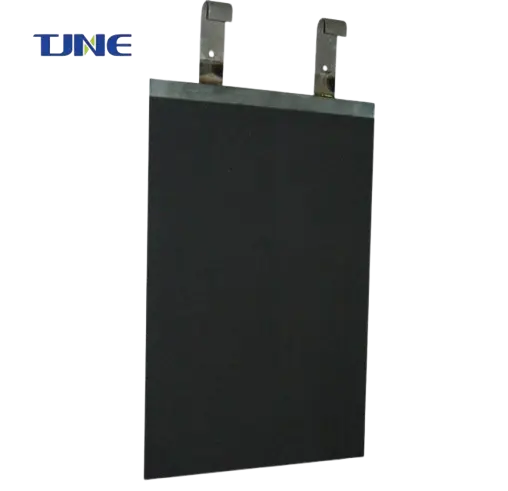
Moreover, titanium electrodes for electrodeposition exhibit impressive conductivity, facilitating efficient electron transfer during the plating process. This attribute translates to enhanced productivity and uniform deposition, crucial for achieving high-quality copper coatings with uniform thickness and impeccable surface finish. Additionally, titanium's lightweight nature and mechanical strength further augment its suitability for electroplating operations, enabling easy handling and enduring durability.
A Closer Look at the Electrodeposition Technique and Its Impact on Copper Quality
Beyond the inherent properties of titanium electrodes, the electrodeposition technique itself profoundly influences the quality and integrity of copper plating. Electrodeposition involves the deposition of metal ions onto a conductive substrate, facilitated by an electric current passing through an electrolyte solution. In this process, the choice of electrode material profoundly influences plating outcomes.
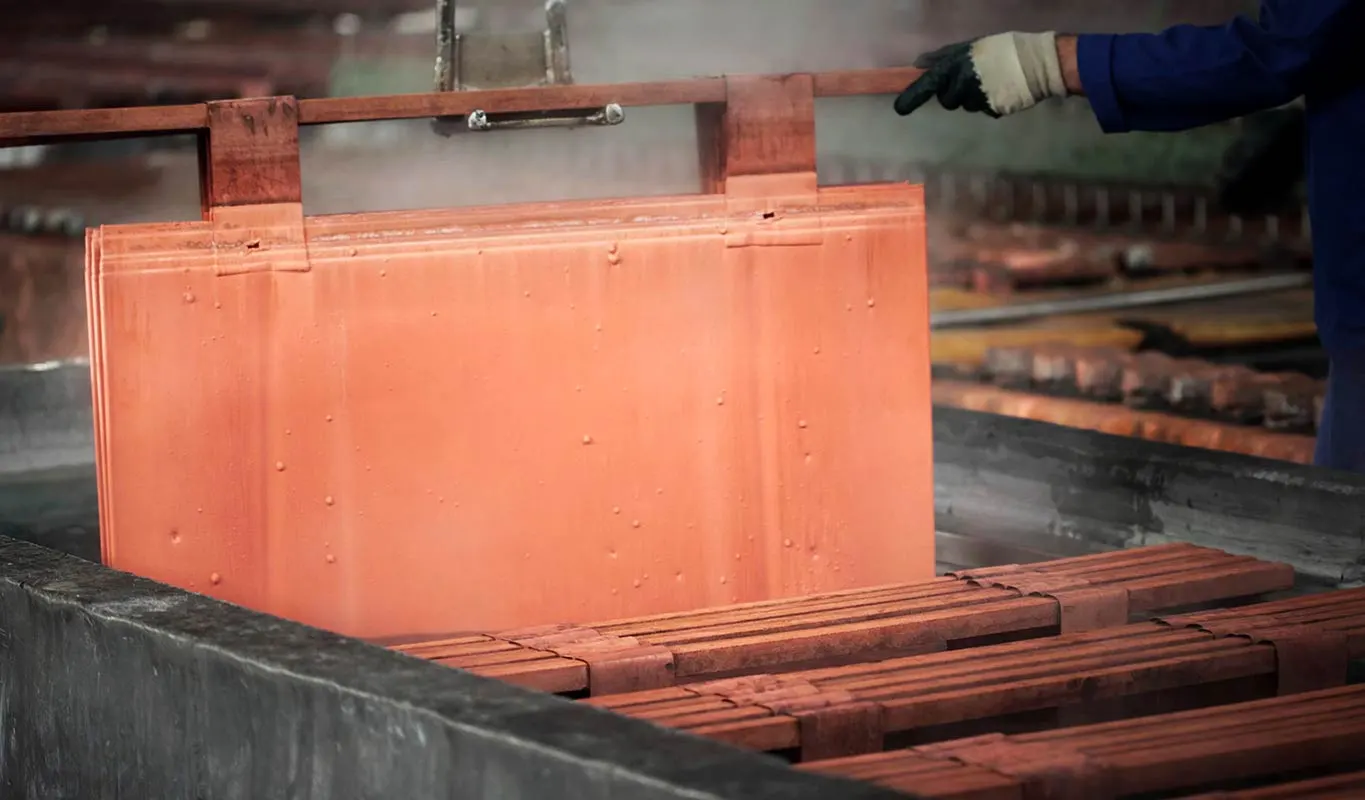
The smooth surface finish and exceptional adhesion provided by titanium electrodes are instrumental in achieving high-quality copper coatings. The homogeneous distribution of current density across the electrode surface minimizes the risk of uneven plating, ensuring uniform thickness and impeccable surface smoothness. Furthermore, titanium's non-reactive nature prevents contamination of the plated copper, preserving its purity and integrity.
Solving Technical Challenges: The Benefits of Titanium Electrodes in Copper Electroplating
In the realm of copper electroplating, technical challenges such as hydrogen embrittlement and metal contamination pose significant hurdles to overcome. Fortunately, titanium electrode for copper electrodepostion offer compelling solutions to mitigate these issues and optimize plating processes.

The robust corrosion resistance of titanium mitigates the risk of hydrogen embrittlement, a phenomenon prevalent in copper plating that can compromise the mechanical properties of plated components. By using titanium electrodes, manufacturers can ensure the integrity and longevity of plated copper parts, enhancing their performance and reliability.
Furthermore, the inert nature of titanium minimizes the likelihood of metal contamination during the electroplating process, preserving the purity and conductivity of the plated copper. This is particularly crucial in applications where the electrical and thermal conductivity of copper are paramount, such as in the electronics and telecommunications industries.
Future Perspectives: Emerging Trends in Titanium Electrode Use for Copper Applications
Looking ahead, the utilization of titanium electrodes for copper plating is poised for continued growth and innovation. Emerging trends such as additive manufacturing (AM) and advanced surface engineering techniques hold immense promise for enhancing the capabilities and versatility of titanium electrodes in copper electroplating applications.
AM technologies enable the fabrication of intricate electrode designs with tailored surface features, optimizing current distribution and plating uniformity. Coupled with advancements in surface modification techniques, such as nanostructuring and functional coatings, titanium electrodes can further elevate the performance and efficiency of copper plating processes across diverse industries.
Conclusion
In conclusion, the adoption of electrodeposited titanium electrodes for copper plating offers a multitude of benefits, ranging from superior corrosion resistance and conductivity to enhanced process efficiency and quality. As industries continue to demand high-performance solutions for their electroplating needs, titanium electrodes stand out as a reliable and future-ready choice.
TJNE focuses on the research and development, design, production, and sales of high-end electrolytic complete sets of equipment and high-performance electrode materials. If you want to learn more about this kind of titanium electrode for copper electrodeposition, welcome to contact us: yangbo@tjanode.com.
References
1. Zhu, Y., Li, X., Li, W., & Zhang, Y. (2020). Electrochemical corrosion behavior of electrodeposited titanium coatings in simulated seawater. Surface and Coatings Technology, 391, 125698.
2. Kim, S., Choi, W., & Nam, T. (2018). High-performance titanium nitride electrodes prepared by electrodeposition on a polymer substrate. Electrochimica Acta, 284, 518-526.
3. Wang, L., Gao, Q., Zhao, C., & Li, L. (2019). Fabrication and properties of electrodeposited titanium-silicon carbide composite coatings. Journal of Alloys and Compounds, 801, 248-255.
4. Li, J., Li, G., Li, J., & Li, Z. (2017). Influence of electrodeposited titanium dioxide nanoparticles on the corrosion resistance of copper coatings. Surface and Coatings Technology, 320, 501-509.
5. Xu, H., Wang, Y., Liu, Z., & Wang, B. (2018). Electrodeposition of titanium oxide films for improving the adhesion of copper coatings on steel substrates. Surface Engineering, 34(6), 461-467.
Related Industry Knowledge
- Why Are Electronic Titanium Anode Rods a Breakthrough in Corrosion Protection?
- Why MMO Titanium Probe Anodes Are Essential for Advanced Corrosion Protection?
- Why Are MMO Wire Anodes a Game-Changer in Corrosion Protection?
- Why Are MMO/Ti Flexible Anodes the Future of Corrosion Protection?
- Revolutionizing Drinking Water Disinfection: The Role of Titanium Electrodes
- Electrochemical Essentials: The Comprehensive Guide to Anode Plates
- The Protective Power of MMO Ribbon Anodes: A Deep Dive into Cathodic Protection
- How Can Titanium Electrode Improve Nickel And Cobalt Electrodeposition Performance?
- Why is Semiconductor Plating Crucial for Modern Electronics? Understanding the Process and Benefits
- What Industries Benefit from Chlorine Generator Electrolyzers for On-Site Production?






